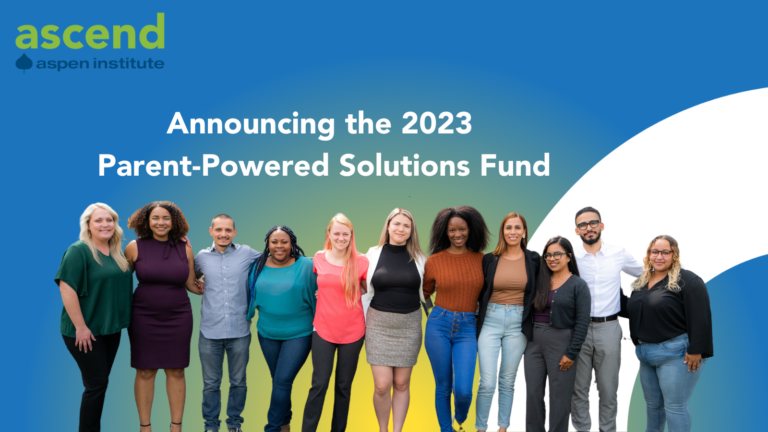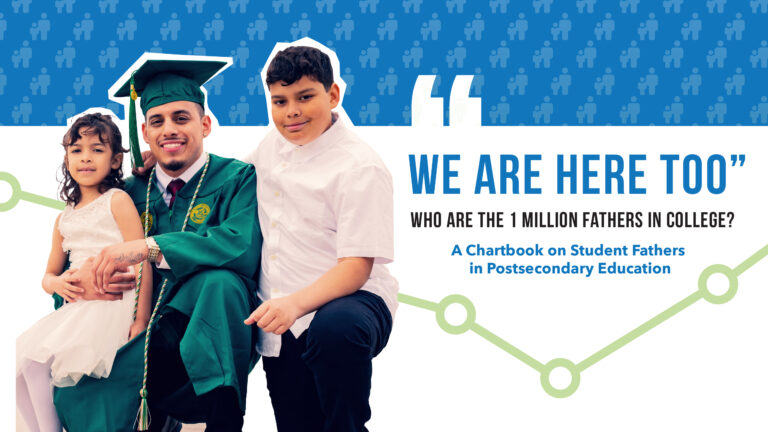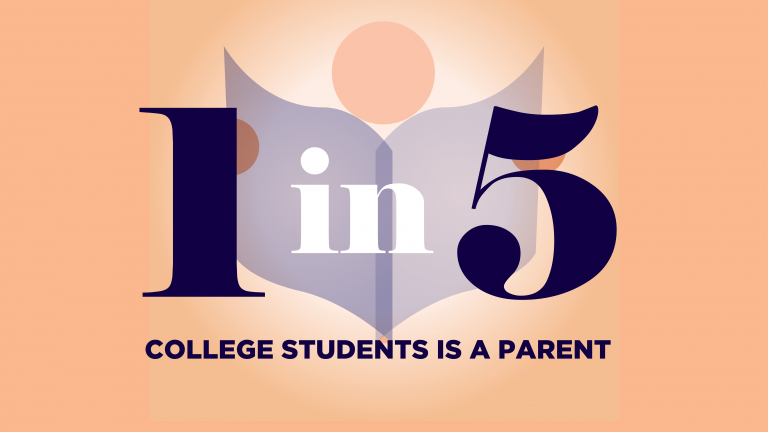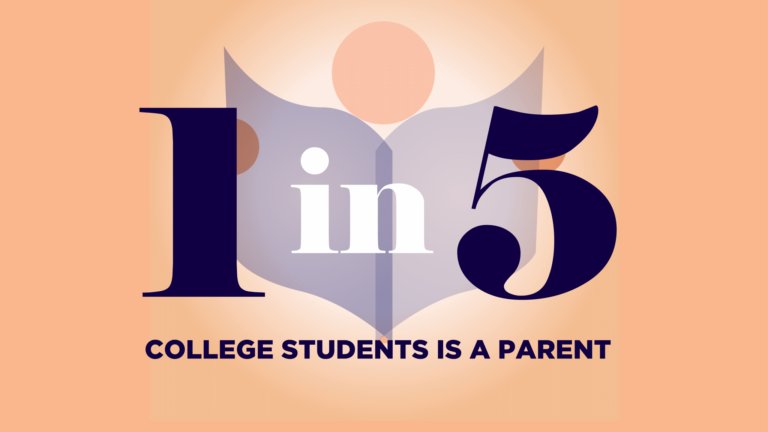WEBINAR: Success in Workforce Programs for Parents
For the parents who make up nearly one-third of the U.S. civilian workforce, accessing quality jobs and increasing their economic mobility is critical to ensuring all families thrive. There are several types of investments in workforce and workforce development programs aimed at helping workers obtain the skills needed to secure quality jobs. However, these supports often fail to recognize the constraints parents face when balancing a career and raising children. Additionally, workforce training opportunities offered by employers frequently go to upper income individuals. These also tend to overlook the unique needs of parents.
To address workforce challenges for parents, Ascend released a brief that offers recommendations to improve workforce development policies and practices to be more supportive of families. The publication titled Success in Workforce Programs for Parents includes insights from workforce providers, researchers, and policymakers to be used by other practitioners who can identity and address similar gaps in their own workforce efforts.
The Postsecondary Success for Parents Initiative at Ascend hosted a webinar in November to expand on these findings. The “Success in Workforce Programs for Parents” webinar featured workforce experts who shared the experience of parents in these programs and explained how family-supportive strategies can dramatically improve outcomes.
Speakers included:
- Laura Kohn, Director of Early Workforce Development, San Diego Workforce Partnership
- Kelly Middleton-Banks, Manager of Program Implementation, National Association of Workforce Boards (NAWB)
- Jacqueline Edwards, Deputy Director, Maricopa County Human Services Department
- Melissa Guzman, Parent Participant
The webinar was moderated by David Croom, Assistant Director for Postsecondary Achievement and Innovation at Ascend at the Aspen Institute, and Portia Polk, Program Associate for Postsecondary Achievement and Innovation at Ascend at the Aspen Institute.
Watch the webinar recording here.
Laura Kohn highlighted 2Gen solutions as one of the five strategic pillars that guide the San Diego Workforce Partnership to lead parents in the workforce toward self-sufficiency – specifically directing parenting jobseekers to subsidized childcare support.
Kelly Middleton-Banks explained how the Family Centered Employment (FCE) strategy is “2Gen at its heart.” In order to enhance workforce development programs, the FCE suggests workforce development boards place the jobseeker at the center of their services to better understand his or her needs. The FCE strategies should be viewed as a system’s change as opposed to a singular project.
Jacqueline Edwards and Melissa Guzman offered a unique experience for participants by having a short Q&A about Guzman’s experience utilizing employment services as a job-seeking parent at Arizona@Work. Guzman shared that she was pregnant during her job search and questioned being taken seriously as a job candidate. However, she found the staff at Arizona@Work to be “accommodating to all [her] needs” and offered a clearer path to where she wanted to be in the workforce.
Following the discussion, speakers answered some of our listeners’ questions. Read their answers below.
What was, or has been, one of the biggest challenges is getting a data sharing and document vault set up across programs/organizations? What is some advice you would give local/state agencies trying to get something like this data sharing/document vault off the ground?
- The Community Information Exchange created by 2-1-1 [San Diego] has been in development for about five years. But the requirement in the Affordable Care Act for health providers to provide referrals to social service supports dramatically accelerated the progress. Health partners are paid participants in the network while social service organizations participate at no cost. It is now operational and potential new partners can see how powerful it is to have visibility into key demographics and social service engagements of our clients. Participating organizations in the 2Gen Workgroup are now all in the process of completing data agreements and building utilization protocols for case managers.
We are a new [organization] using the 2gen strategy. We are having a soft opening of our resource center in January 2020. The resource center will provide access to technology, academic coaching, and a safe place for children to learn, play, and access tutoring. Do you have a sample questionnaire we could adopt to identify the needs of our parent scholars and their children?
- We understand that it’s important to explain why we are asking these questions. For example, before we ask about children, case managers say, “We recognize that parents who are looking for work may need different supports and resources than our non-parent participants, such as childcare or help with managing child support orders. So, do you have any children under age 18, whether they live with you or not?”
Do these programs do anything to recognize and address domestic violence experienced by student parents?
- In San Diego, we are moving toward integrating trauma-informed approaches to our work. Your question is a good one, and we will think about the partnerships we need to add to best serve families impacted by domestic violence.
Denver has a large refugee population. Do you have strategies for helping parents from diverse backgrounds (language, literacy, economic status) find success in finding a job?
- We have some promising practices in that area, and others in testing phases.
We are a Community Action agency in Rochester, NY. What are some ways CAAs are involved in these efforts?
- We are a community action program and utilize our CSBG funding to help support our families. Additionally, we have provided over $25K to our workforce parents in utility and rental assistance.
Related Posts















